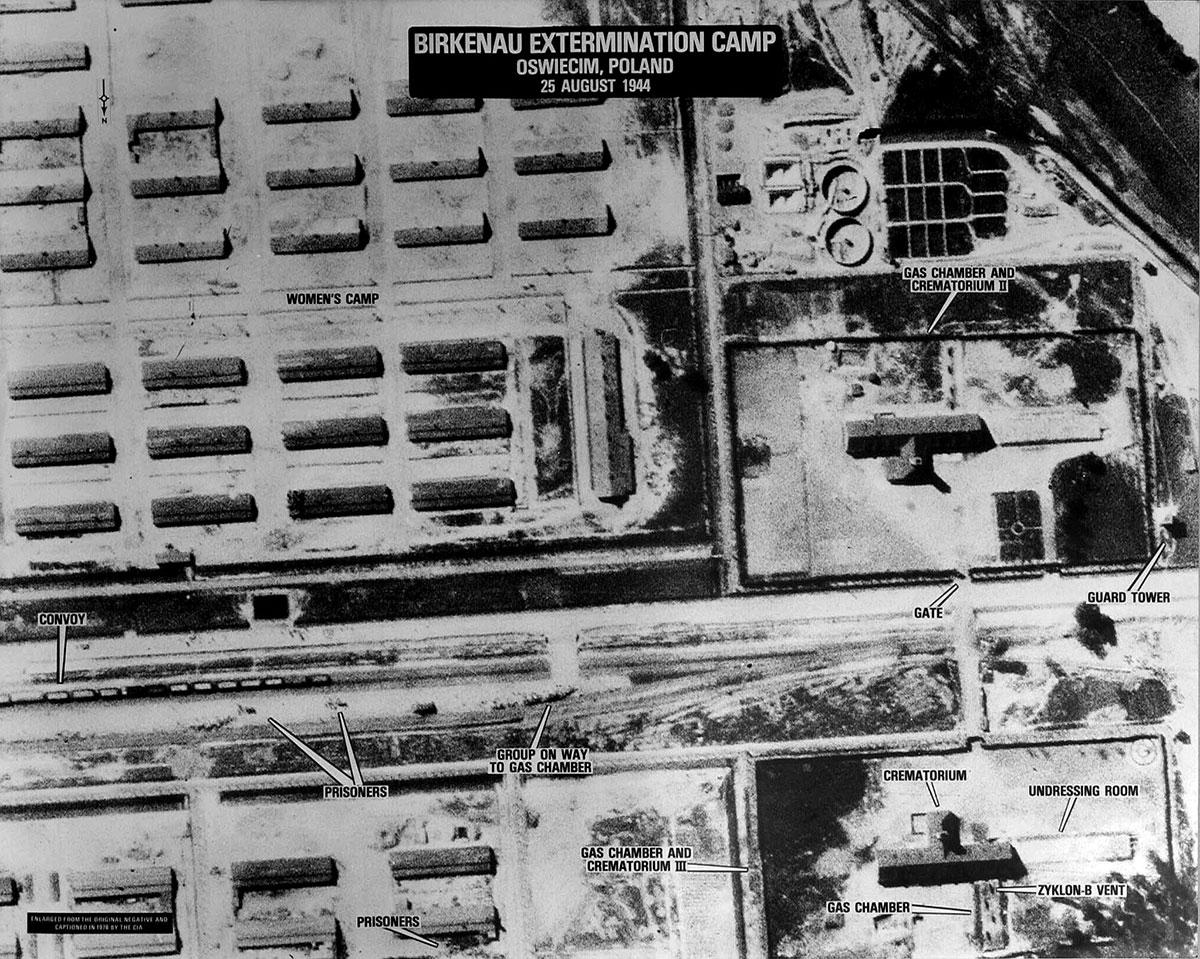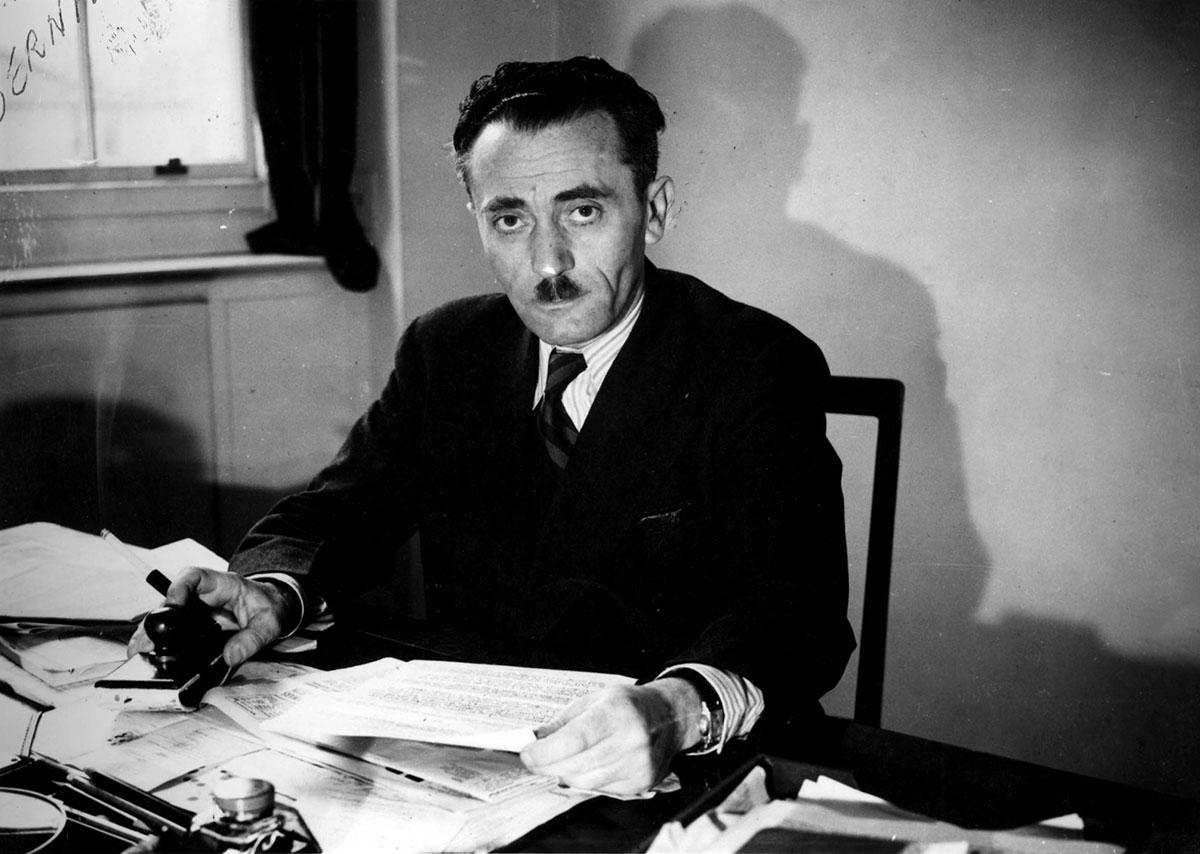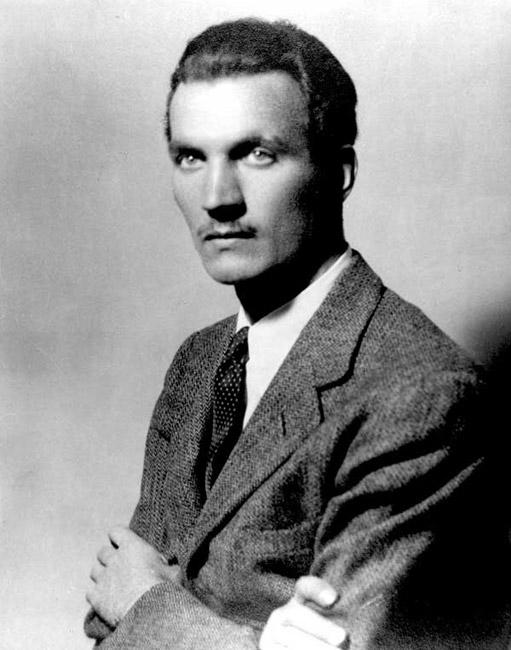Read More...

In the image prisoners are being led from the deportation trains to the gas chambers and crematoria
Yad Vashem Photo Archives, 964/11; Courtesy of the National Archives and Record Administration


Yad Vashem Photo Archives, 966/4


Yad Vashem Photo Archives

In May 1942, the BBC in London broadcast information about the killing of Polish Jews. It did so again on June 26. The information that reached the Free World was accurate and readily available. In December 1942 US President Roosevelt and British Prime Minister Churchill gave the Germans a public warning about the responsibility that would be laid at their feet for the murder of the Jews of Europe. However, the political concept that became dominant among the politicians and generals was that winning the war came first; this would, by proxy, also stop the murder of the European Jews.
Those who begged the Allies to bomb the extermination facilities at Auschwitz-Birkenau and the tracks leading to the camp were answered with similar rationales. The Americans and the British rebuffed such requests by arguing that bombing the gas chambers would entail the diversion of massive resources (essential air cover for forces that were busy with crucial operations) and that an effective bombardment might have the opposite effect of that desired, i.e., Germany might treat the Jews even worse. In June 1944, American aircraft produced a set of aerial photographs over Auschwitz in which the death facilities were clearly visible. In an air raid that took place on August 20, the bombs landed on a factory not far from the gas chambers, yet the gas chambers remained intact.
Reports about the murder of Jews reached the Vatican by late 1941. In March 1942, the Pope Pius XII was asked to intervene in order to thwart the deportation of Slovakian Jews to Auschwitz. Apparently, his pressure upon the Slovakian clergy influenced the decision to temporarily delay the deportation of the Jews. The Allies, out of political and military considerations, begged the Pope to make a statement condemning Nazi Germany’s actions. The Vatican limited itself to a general, laconic statement that decried the “horrors of the war.”








